
Tech-Enabled Biology: Pioneering a New Era in Biotechnology
The new era of full-stack compute-enabled bio companies will drive incredible advances in human health.

The new era of full-stack compute-enabled bio companies will drive incredible advances in human health.
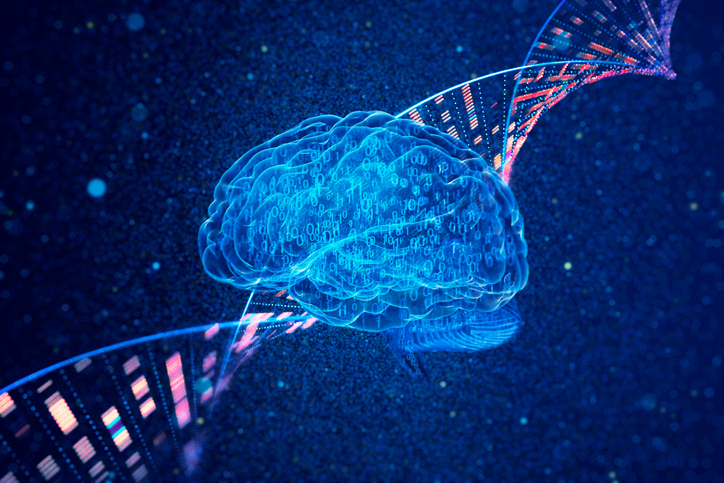
Despite artificial intelligence’s growing role in drug research, a fully AI-generated molecule has yet to advance from discovery all the way through clinical development. A novel molecule may eventually meet that goal, but some industry observers say it’s too early to focus on winning a race that has many twists and turns yet to come.

The future of pharmaceutical innovation hinges on enhanced data discovery and collaboration. Through data sharing and collective effort, the pharmaceutical industry can accelerate the development of new therapies.
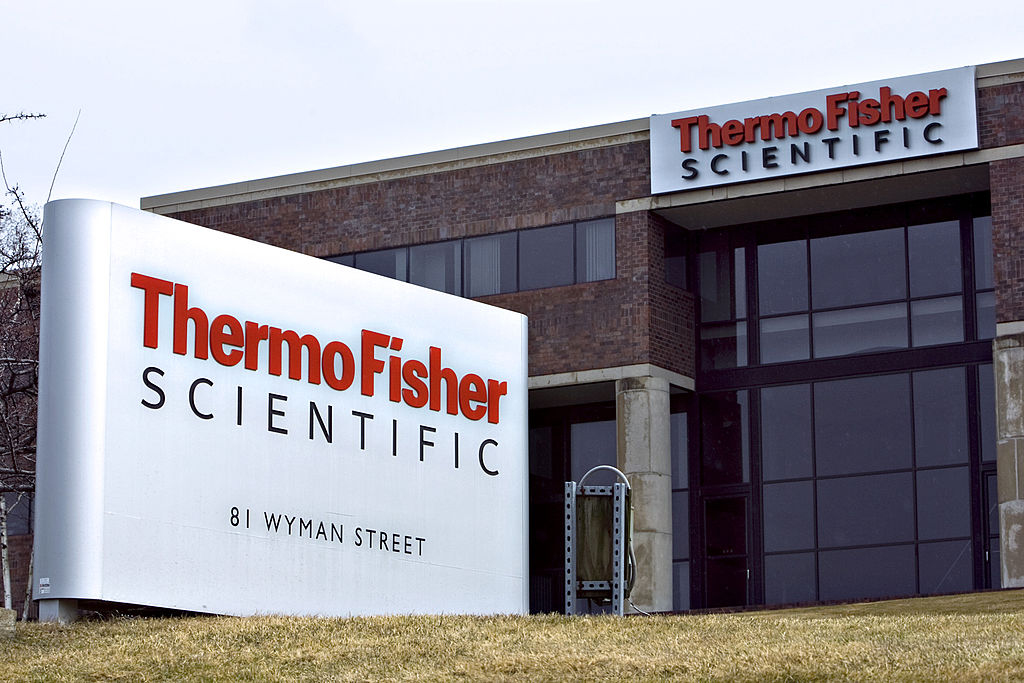
Thermo Fisher Scientific is acquiring Olink, a company that provides proteomics analysis tools and services used in drug discovery research. Olink’s growing revenue will help shore up a Thermo Fisher business segment whose sales have fallen due to declining Covid-19 testing demand.
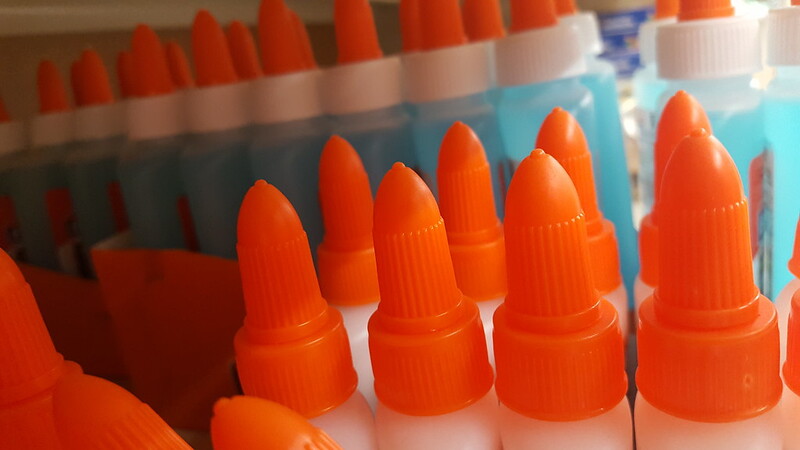
Roche is paying $50 million up front to begin a drug R&D alliance with Monte Rosa Therapeutics, a biotech whose molecular glue technology could address targets previously deemed undruggable. It’s Roche’s second such deal in the past month.

Formed by Baidu founder and CEO Robin Li, BioMap uses artificial intelligence technology to glean insight into proteins to guide biologic drug discovery. The startup is the latest company to join a growing list of Sanofi partners as the pharmaceutical giant continues investing in AI-enabled drug discovery.

Iambic Therapeutics brings together software engineers and drug-hunting scientists, all sharing the goal of using artificial intelligence to optimize properties of small molecule drugs. The startup will apply its Series B financing to a cancer drug pipeline that includes two candidates on track for the clinic in 2024.

Novo Nordisk is paying Valo Health $60 million up front to gain three preclinical cardiovascular disease programs. Milestone payments for those programs and others covered under the artificial intelligence drug discovery pact could reach up to $2.7 billion.

Specific targets were not disclosed, but Merck KGaA is betting the artificial intelligence technologies of Exscientia and BenevolentAI will discover new drugs for cancer, neurology, and immunology.
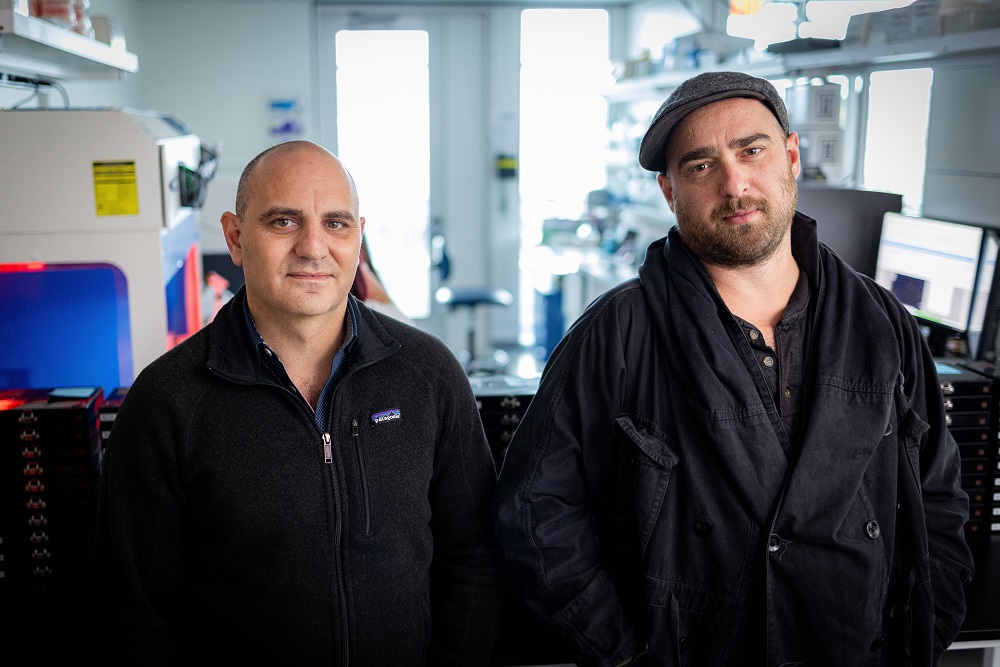
By revealing how tumors interact with immune cells, Noetik aims to identify new targets for new cancer drugs. The startup and its artificial intelligence-driven platform are supported by $14 million in seed financing.
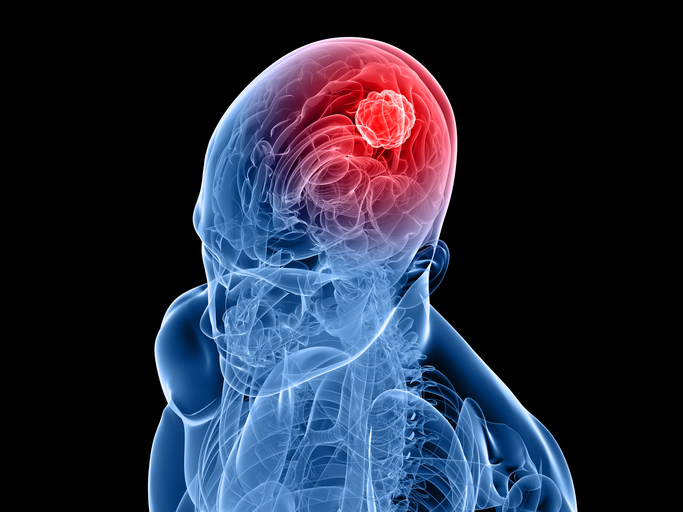
Rapport Therapeutics, a clinical-stage biotech that was founded last year, raised $150 million in Series B financing, bringing its total funding to date to $250 million. The company's platform leverages receptor-associated proteins to create neurology drugs that have more focused activity in the brain, going after disease-driving circuits and cell types.
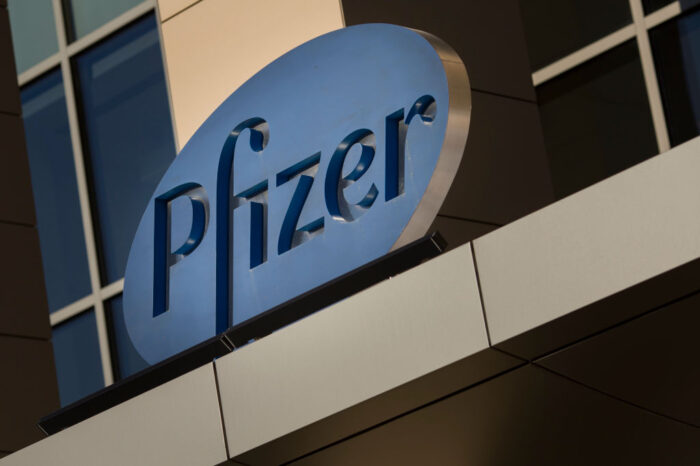
Pfizer and Flagship Pioneering are partnering in a drug research alliance leveraging the capabilities of the more than 40 biotech startups in the venture capital firm’s portfolio. The new partners aim to develop drugs for unmet needs, including those in broad patient populations.

Nvidia’s investment isn’t just working capital for Recursion Pharmaceuticals’ technology-driven drug discovery research. Recursion says it will get more computing power as well as the possibility of joining forces with Nvidia in research.
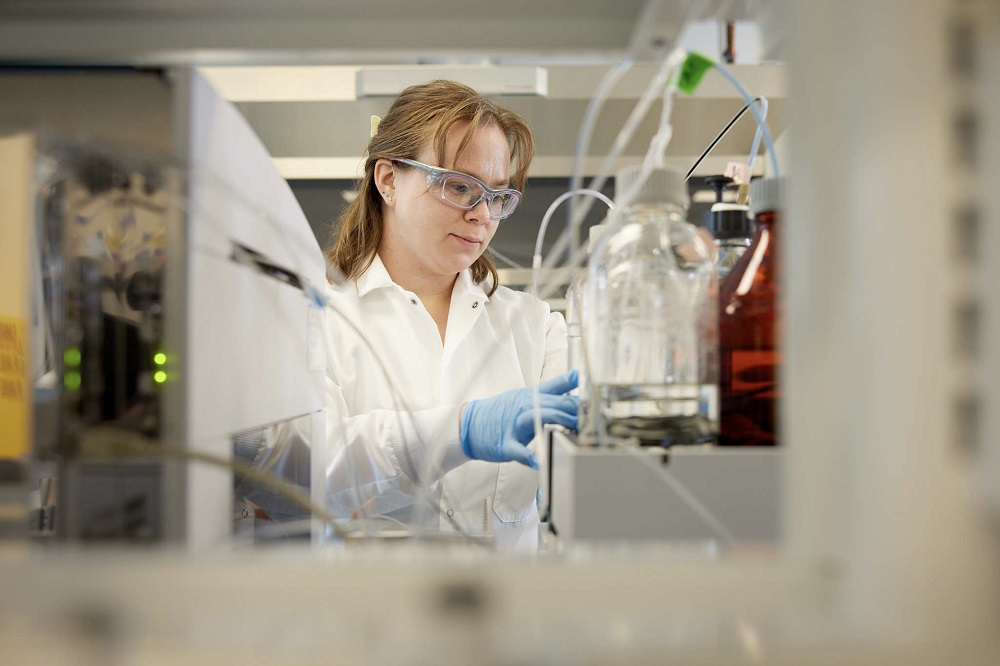
Scientists at Empress Therapeutics say molecules that co-evolved with humans over millennia are a promising source of new drugs. With its AI-driven technology platform, the Flagship Pioneering-founded startup finds them.

Although there is uncertainty and risk, the implementation of AI with the right compliance framework and infrastructure offers an exciting opportunity to transform healthcare into a new frontier with improved patient outcomes and increased efficiency.